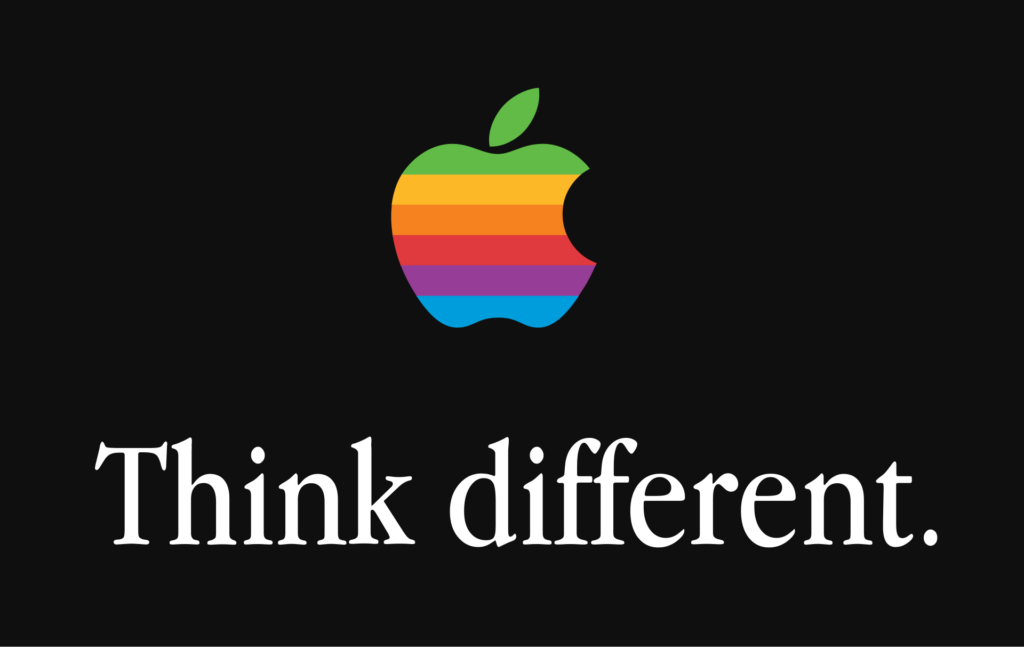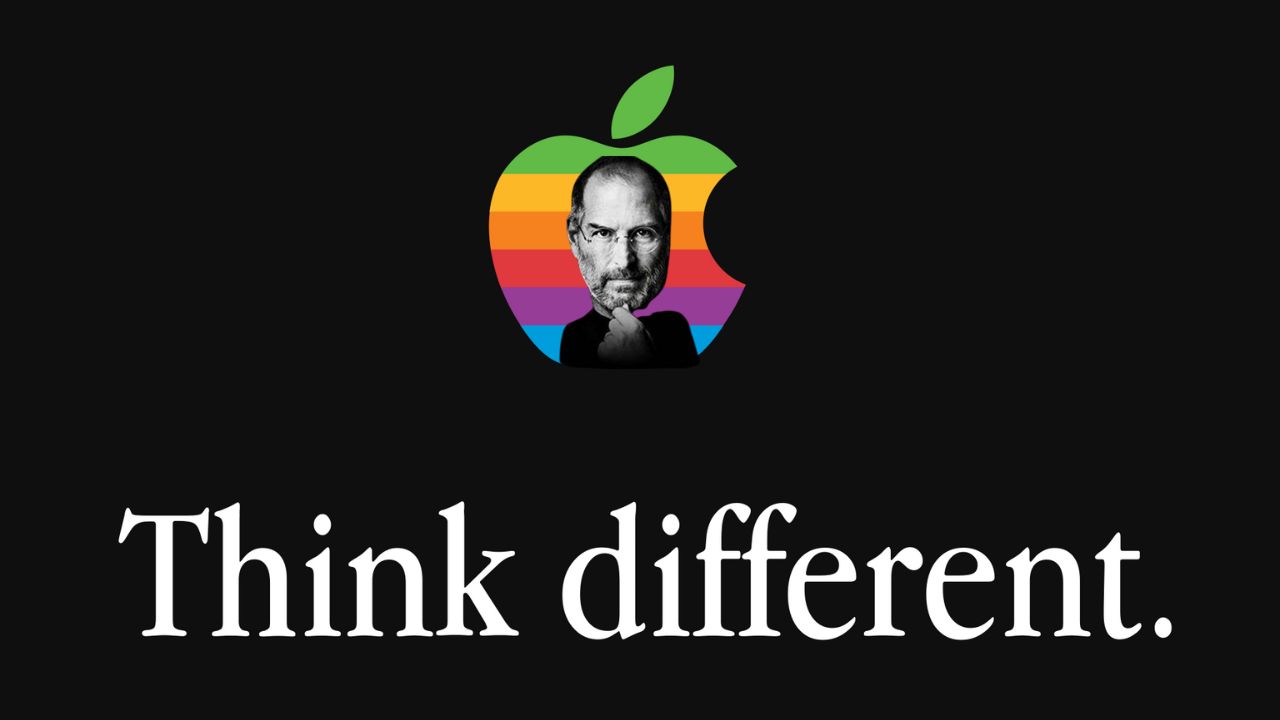- The Legacy of a Visionary Leader
- The Genius of Steve Jobs: A Quick Overview of His Leadership Style
- Apple Today: Successes and Challenges Under Tim Cook
- What Would Steve Jobs Focus On in 2025?
- Comparing Leadership Styles: Steve Jobs vs. Tim Cook
- Lessons from Steve Jobs: How His Philosophy Still Shapes Apple
- Would Apple Be Better Under Steve Jobs?
- Conclusion: A Legacy That Lives On
The Legacy of a Visionary Leader
Steve Jobs was a name synonymous with innovation, creativity, and the ability to disrupt entire industries. As the co-founder and former CEO of Apple, Jobs’ influence on technology and design transformed how we interact with devices, paving the way for products like the iPhone, iPad, and Mac. His leadership was defined by an unwavering focus on perfection, user experience, and groundbreaking ideas.
But what if Jobs were alive today? How would Apple’s trajectory differ under his leadership compared to its current path under Tim Cook? In this article, we’ll explore the legacy of Steve Jobs, Apple’s present under Tim Cook, and how Jobs might have approached the challenges and opportunities of 2025.
The Genius of Steve Jobs: A Quick Overview of His Leadership Style
Steve Jobs wasn’t just a CEO—he was Apple’s visionary. Known for his meticulous attention to detail and ability to predict market trends, Jobs turned Apple into one of the world’s most valuable companies.
Key Characteristics of Jobs’ Leadership Style:
- Perfectionism: Jobs was infamous for rejecting prototypes and demanding perfection. His belief in “getting it right” resulted in products like the iPhone, which redefined the smartphone market.
- Hands-On Approach: Jobs was deeply involved in product development, often working directly with engineers and designers to ensure that Apple’s offerings met his standards.
- Focus on Innovation: Under his leadership, Apple consistently delivered revolutionary products, from the iPod to the iPad.
A notable example of his genius was the launch of the iPhone in 2007. While other companies were focused on incremental upgrades, Jobs introduced a product that combined a phone, an iPod, and an internet communicator in one device. This wasn’t just a technological advancement—it was a cultural moment.
Apple Today: Successes and Challenges Under Tim Cook
Tim Cook took over as Apple’s CEO in 2011 following Jobs’ death. While Cook brought a different leadership style, Apple has continued to thrive under his watch, achieving record-breaking financial success.
Achievements Under Tim Cook:
- Revenue Growth: Apple’s market value has soared from $350 billion in 2011 to over $3 trillion today, making it the most valuable company in the world.
- Diversification: Cook has shifted Apple’s focus from hardware to services, launching initiatives like Apple Music, iCloud, and Apple Pay. These services now contribute significantly to Apple’s revenue.
- Sustainability Efforts: Cook has emphasized environmental responsibility, committing Apple to carbon neutrality by 2030.
However, Cook’s tenure hasn’t been without criticism. Some argue that Apple’s innovation has stagnated, with many product updates perceived as iterative rather than revolutionary. For example, while the Apple Watch and AirPods have been successful, they lack the cultural impact of the iPhone or iPad.
What Would Steve Jobs Focus On in 2025?
If Steve Jobs were alive today, his approach to Apple’s future would likely emphasize bold innovation and a relentless focus on groundbreaking technology.
Potential Areas of Focus:
- Artificial Intelligence (AI): Jobs had a knack for identifying emerging trends before they became mainstream. It’s easy to imagine him pushing Apple to lead in AI development, creating products that blend human intuition with machine learning.
- Augmented Reality (AR) and Virtual Reality (VR): With products like the Vision Pro already in development, Jobs would likely have championed AR/VR as the next frontier in computing, focusing on seamless integration with everyday life.
- Apple Car and Autonomous Technology: Jobs was known for venturing into uncharted territories. An Apple Car under his leadership might have combined sleek design, sustainability, and groundbreaking autonomous driving technology.
In addition, Jobs’ vision for privacy and user experience would have played a critical role in addressing modern concerns about data security and ethical technology development.
Comparing Leadership Styles: Steve Jobs vs. Tim Cook
Steve Jobs and Tim Cook have vastly different leadership styles, each bringing unique strengths to the table.
Steve Jobs Tim Cook Visionary and risk-taker Operational and steady Focus on revolutionary products. Focus on incremental growth and services. Emotional branding Financial and supply chain efficiency
Under Jobs, Apple was driven by a desire to “think different,” creating products that didn’t just meet customer needs but defined entirely new markets. Cook, on the other hand, has excelled in optimizing Apple’s operations and expanding its business model.

For instance, Jobs might have approached controversies like App Store regulations with aggressive innovation, potentially redesigning the ecosystem to address user and developer concerns. Cook, in contrast, has taken a more measured approach, balancing regulatory pressures with profitability.
Lessons from Steve Jobs: How His Philosophy Still Shapes Apple
While Steve Jobs is no longer at the helm, his influence continues to resonate within Apple’s culture.
Enduring Elements of Jobs’ Philosophy:
- User Experience First: Apple products remain known for their intuitive design and seamless integration, a hallmark of Jobs’ approach.
- Simplicity: Jobs’ belief in simplicity is evident in Apple’s minimalist designs and streamlined product lineup.
- “Think Different” Mindset: Apple’s marketing campaigns still reflect the rebellious, innovative spirit Jobs instilled in the brand.
Even products released post-Jobs, such as the AirPods and Vision Pro, carry elements of his philosophy. This continuity underscores the profound impact he had on Apple’s DNA.
Would Apple Be Better Under Steve Jobs?
It’s impossible to say definitively whether Apple would be “better” if Steve Jobs were alive today. What we can do is acknowledge the unique strengths each leader brought to the company.
Jobs was a visionary who thrived on creating the future. Cook is a strategist who has ensured Apple’s stability and growth in an increasingly competitive market. Both leadership styles have contributed to Apple’s status as a tech giant.
Conclusion: A Legacy That Lives On
If Steve Jobs were alive today, Apple might look different—perhaps bolder, perhaps riskier. However, it’s undeniable that his legacy continues to shape the company’s direction.
As we imagine what could have been, we’re reminded of the importance of visionary leadership in driving innovation. Whether you’re an entrepreneur, tech enthusiast, or simply an Apple fan, the lessons from Jobs’ career remain timeless: think big, stay curious, and never settle for anything less than extraordinary.
Call to Action:
What do you think Apple would look like under Steve Jobs today? Share your thoughts in the comments below, and don’t forget to subscribe for more thought-provoking articles on technology and innovation!



